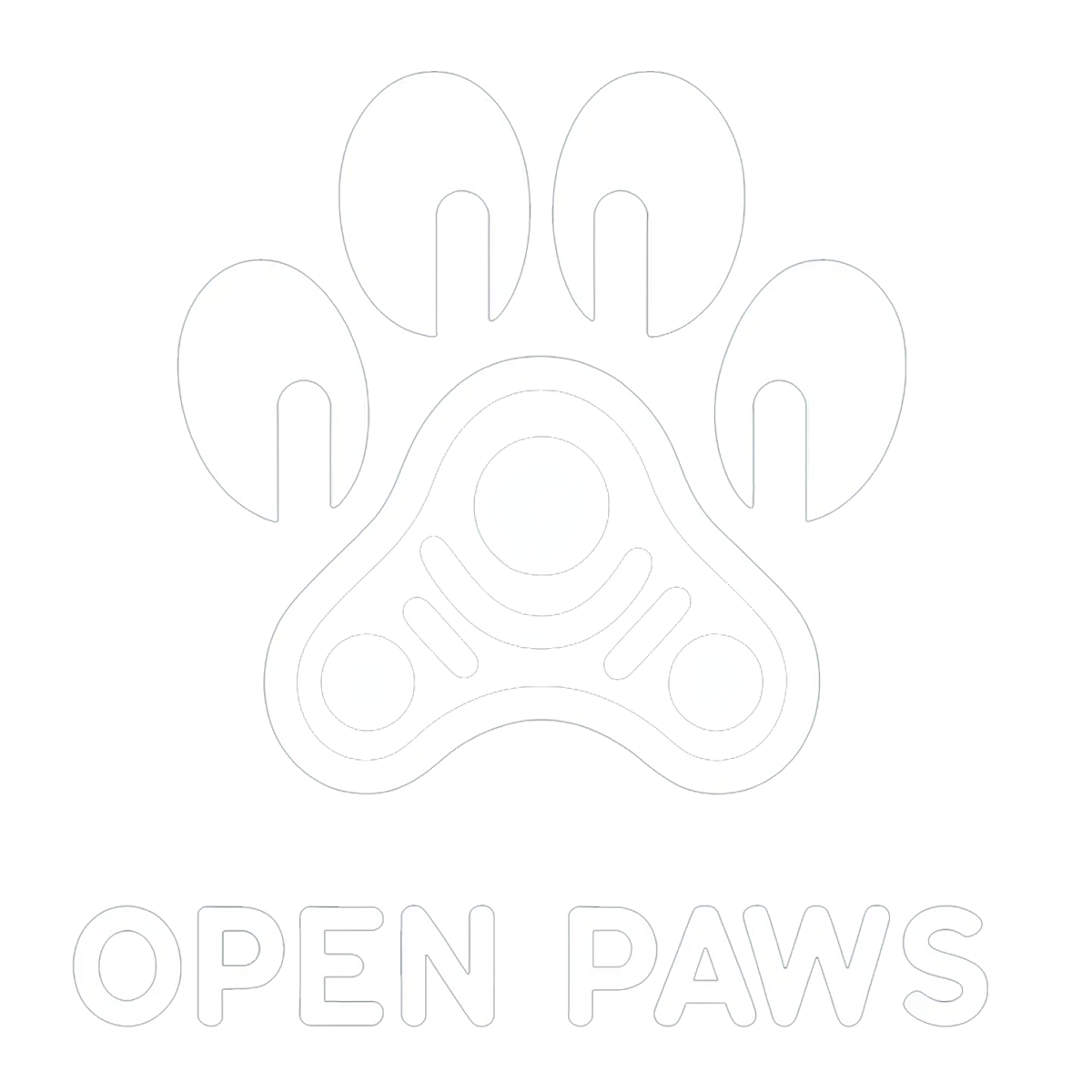
Building AI for Animal Advocates
Open source tools, hackathons, and research to power the animal advocacy movement.
Join the Code for Compassion Campus
Learn to build AI tools for animal advocacy, climate action, and AI safety - with ethics and impact built in from day one. In-person in Bengaluru or remote from anywhere.
Next Bootcamp starts on February 8, 2026.

